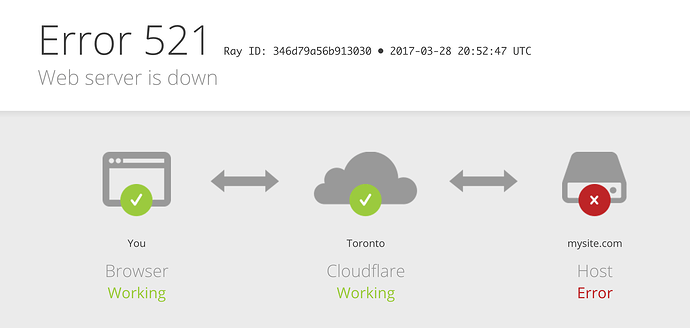I originally posted this here -
I kind of wish Monzo hadn’t apologised in the Status message to be honest. It’s great that you’re giving users a heads up but the apology is going to make some users think that this is another reliability issue that Monzo’s responsible for ![]()
(please read the full discussion before responding as my initial point wasn’t as clear as it could have been)
After the topic was closed, the same issue was bought up in the developer’s Slack.
So I thought I’d share the ideas here too, in case anyone else has any suggestions for ways that Monzo can handle this tricky challenge:
this recent issue literally brings me back to the
Monzo is downmeme I mentioned a few days ago
The wording needs to be changes
it’s either their fault or it isn’t
s/changes/changed/
I agree
As a customer, I don’t expect Monzo to take responsibility for issues that aren’t their fault. And it’s obviously not good if they do & they get a reputation for being unreliable.
This is obviously unlikely but to make the point - if there was regularly an issue like today’s & they didn’t make it clear that they’re not responsible then pretty soon most people wouldn’t want to use Monzo anymore.
I’d say to all re. this issue - we appreciate the feedback and closely monitor it. If at any point we feel that we are painting ourselves in an unfairly bad light then we would change tack. But it doesn’t seem to be the case right now.
I have long argued that Monzo needs to be clearer about what is and isn’t an issue that’s down to them, and while this update was fairly clear it was offnet, apologising profusely for things that aren’t your responsibility/control makes it seem more like it’s a problem you somehow contributed to. This messaging (because Monzo posts about every single interruption) matters.
I think it’s right we profusely apologise to people who had to abandon whole shopping trolleys. It isn’t an admission of guilt and I think our customers know that.
I don’t think it has to be an admission of guilt, I just thought that tonight’s sounded like one.
“We’re very sorry for any difficulties you experience as a result of this acquirer’s difficulties in processing transactions for our cardholders, we are offering whatever assistance we can to help them clear it.”
Or something
You can still be sorry for the inconvenience whilst also being precise about the nature of the problem. I’ve written status updates for a long time.
2p
It’s a fair view
thank you
The people who coordinate our response will take learning from this I am sure
@ben
Perhaps it’s worth making a graphic to show where the fault lies (and who’s responsible for mitigating it)?
E.g. this is what Cloudflare use


